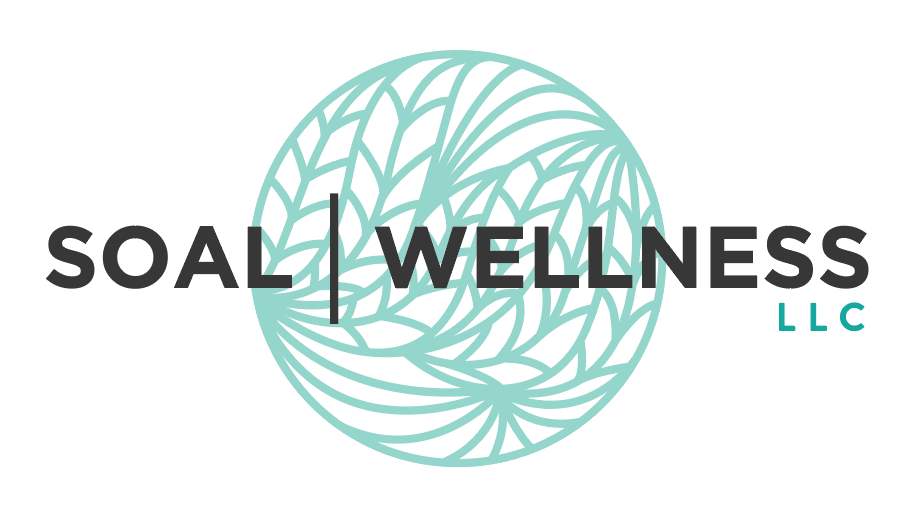As the calendar flips to a new year, millions of people embark on a journey to improve their health by setting New Year’s resolutions. While the intentions behind these resolutions are commendable, many find themselves falling short of their goals. What diet to choose is often at the forefront of our minds as we begin to set our goals. Understanding the common pitfalls associated with New Year’s health resolutions can help you avoid them and create a more sustainable path to wellness.
Set a Specific Intent
Resolutions like “get fit” or “eat healthier” are well-meaning but lack the specificity needed to turn intentions into action. Without clear, actionable steps, it’s easy to lose direction and motivation.
Solution: Be specific about what you want to achieve and how you plan to do it. Instead of “get fit,” resolve to “exercise for 30 minutes, three times a week.” Instead of “eat healthier,” commit to “eating at least five servings of fruits and vegetables daily.”
Set Realistic Goals
One of the most common mistakes people make is setting overly ambitious goals. While aiming high can be motivating, it can also lead to frustration and burnout if progress is slower than expected. For example, resolving to lose 30 pounds in a month or to run a marathon with minimal training sets you up for failure.
Solution: Set realistic, achievable goals. Break larger goals into smaller, manageable steps. For instance, aim to stabilize your meal patterns and food intake and then set a reasonable goal of losing one to two pounds per week or start by walking several times a week and then set a goal of a 5K run before moving on to longer distances.
All-or-Nothing Mentality
Many people approach their resolutions with an all-or-nothing mindset. They believe they must be perfect in their efforts, and one slip-up often leads to abandoning the resolution entirely. This black-and-white thinking can be detrimental to long-term success.
Solution: Adopt a flexible, forgiving mindset. Understand that setbacks are a normal part of the process. If you miss a workout or indulge in an unhealthy meal, don’t view it as a failure. Instead, see it as an opportunity to learn something about yourself, see it as a temporary setback and get back on track as soon as possible.
Lack of Planning
Resolutions often fail due to insufficient planning. Simply setting a goal is not enough; you need a concrete plan to achieve it. Without a roadmap, it’s easy to get lost along the way.
Solution: Create a detailed plan outlining the steps you need to take to reach your goal. Identify potential obstacles and develop strategies to overcome them. For example, if you know that time constraints are a barrier to exercise, plan your workouts for early morning or integrate short, effective workouts into your daily routine.
Create Your Team
Trying to make significant lifestyle changes on your own can be challenging. Without support, it’s easy to lose motivation and fall back into old habits. You may also have underlying health conditions that require a physician or a therapist. Sometimes, health resolutions fail because they do not address our underlying issues. For example, emotional eating or lack of motivation may stem from deeper psychological or emotional challenges. Underlying health conditions can cause chronic symptoms such as fatigue, GI issues, or chronic pain that undermine your success because you just don’t feel your best.
Solution: Share your goals with friends, family, or a support group. Having someone to share your journey with can provide encouragement, accountability, and motivation. Consider partnering with a workout buddy, joining a fitness class, or participating in an online health community. Take a holistic approach to your health goals. If you suspect underlying issues, consider seeking support from a healthcare professional, such as a doctor, a therapist and/or a dietitian. Addressing these root causes can help you achieve lasting change.
Focusing on Short-Term Results
Many people set resolutions with a focus on quick fixes or short-term results. This approach can lead to unhealthy behaviors, such as crash diets or excessive exercise, which are not sustainable in the long run.
Solution: Shift your focus from short-term results to long-term health and wellness. Set goals that promote sustainable lifestyle changes, such as adopting a balanced diet, incorporating regular physical activity, and prioritizing mental health.
Conclusion
New Year’s resolutions for health are often well-intentioned but can easily fall prey to common pitfalls. By setting realistic, specific goals, adopting a flexible mindset, creating a detailed plan, seeking support, addressing underlying issues, and focusing on long-term wellness, you can increase your chances of success. Remember, the journey to better health is a marathon, not a sprint. With the right strategies and mindset, you can turn your resolutions into lasting habits that benefit your overall well-being.
A Registered Dietitian Nutritionist (RDN) has the experience and education to help address unhealthy relationships with food and put a nutrition and lifestyle plan together that is healthy for your mind and your body. Working with an RDN to improve your health through nutrition is typically a covered benefit on your health insurance plan.
Written by: Stephanie Espinoza, MA, RDN, LDN
Registered Dietitian Nutritionist
Soal Wellness | www.soalwellness.com
Phone: 602-400-5419

